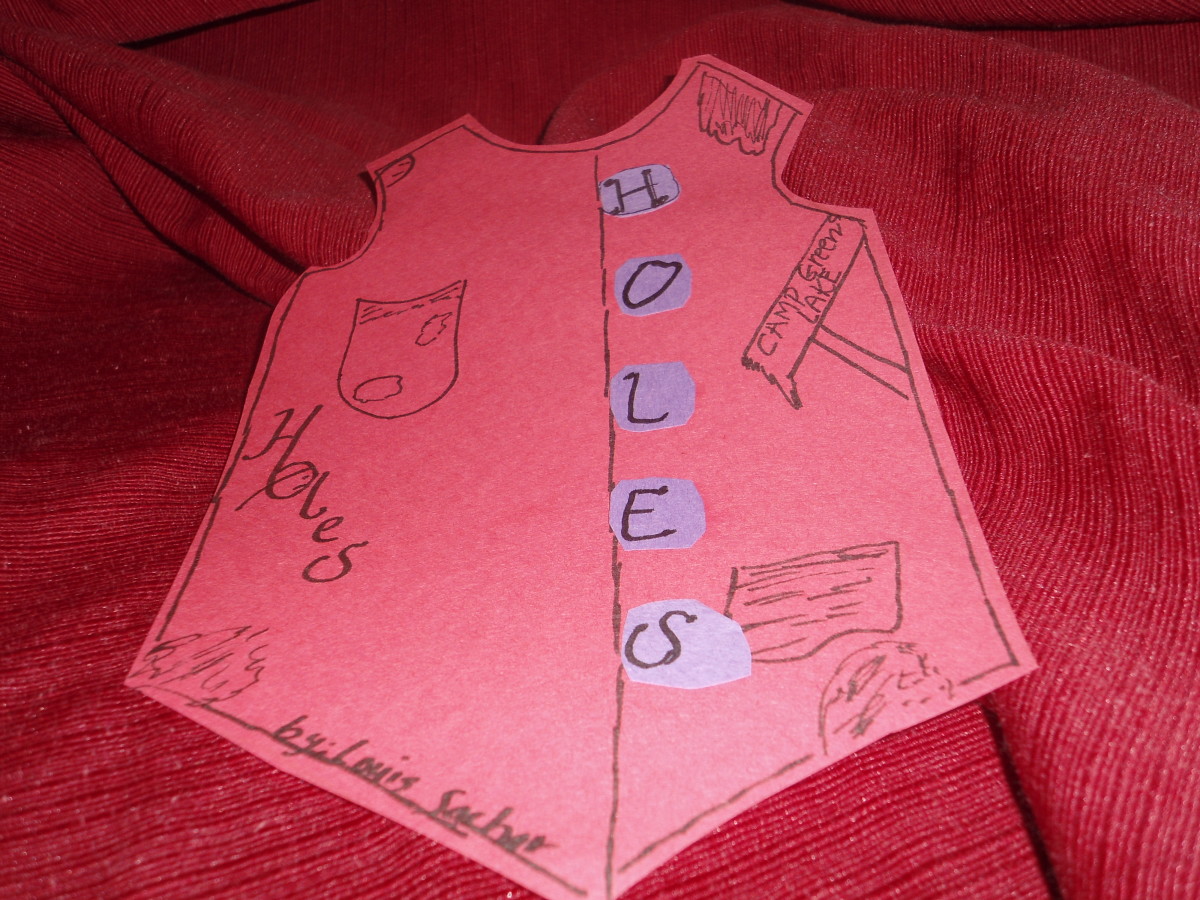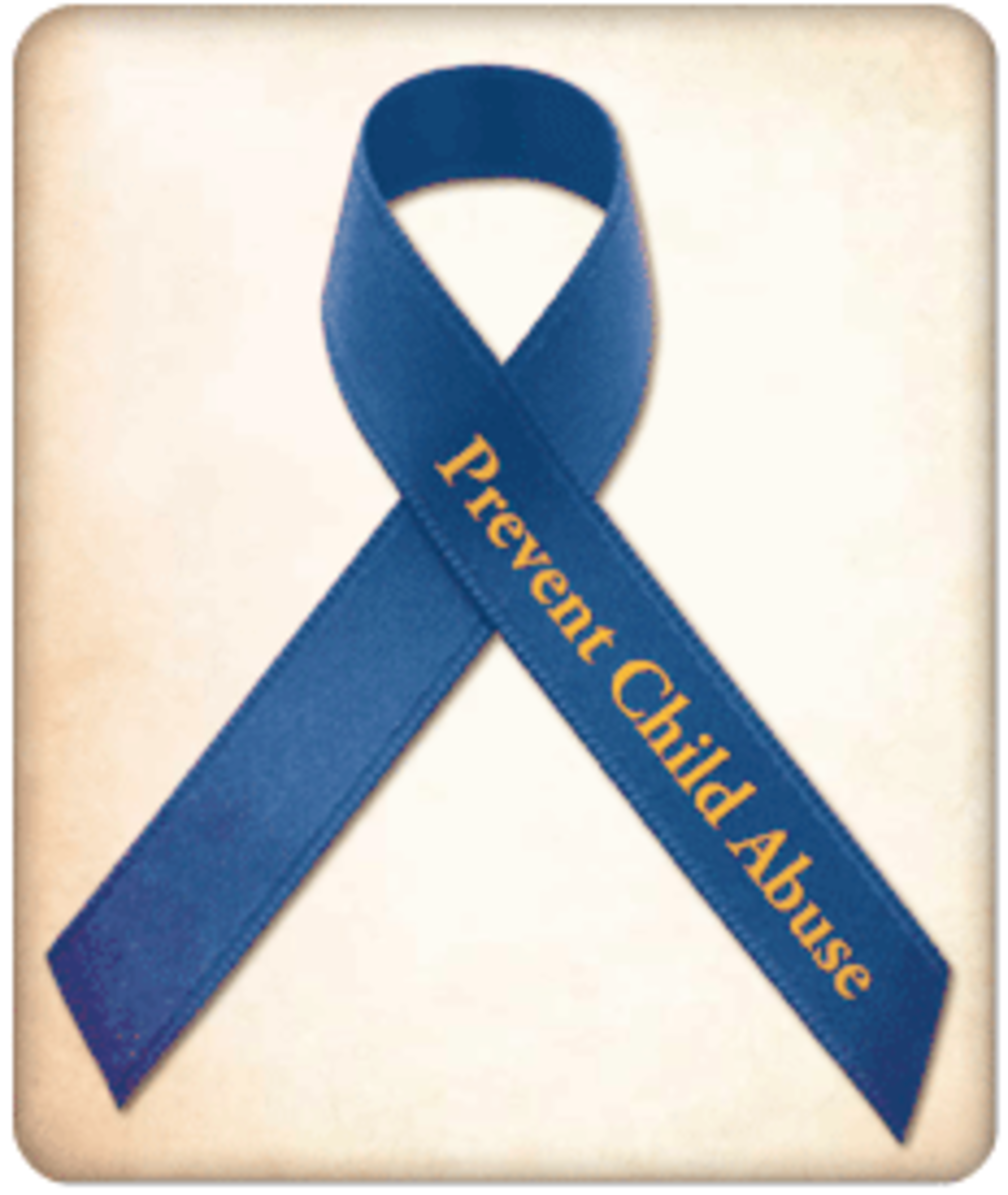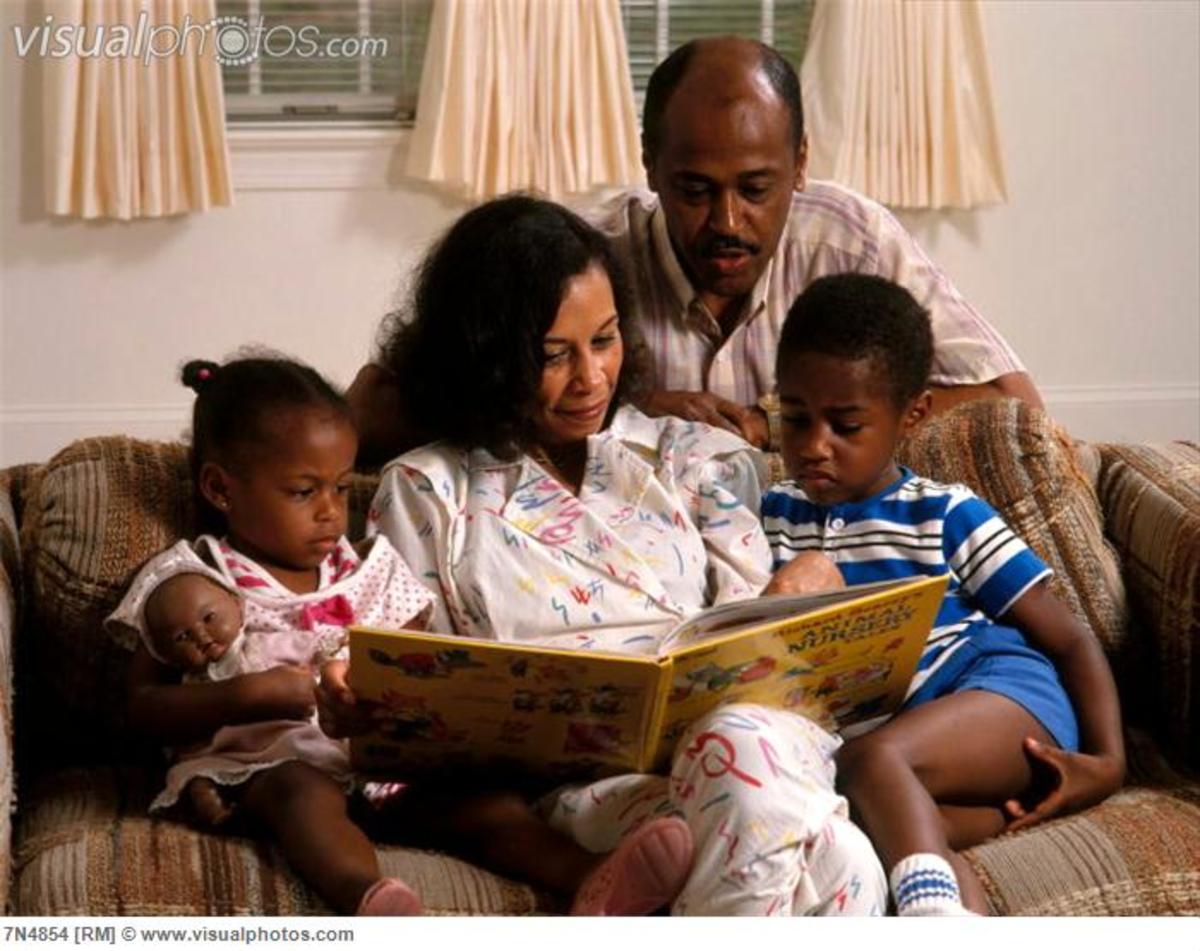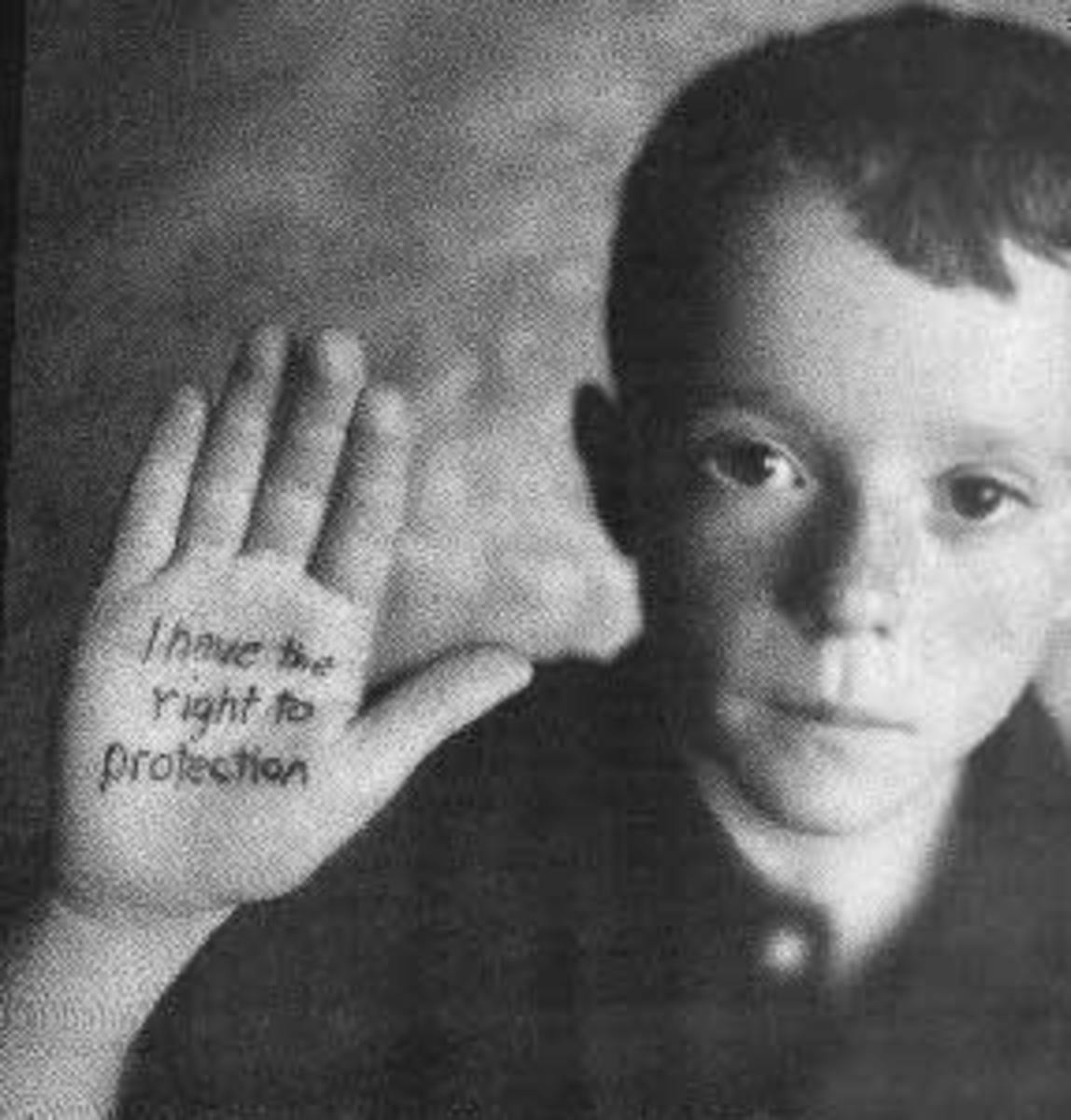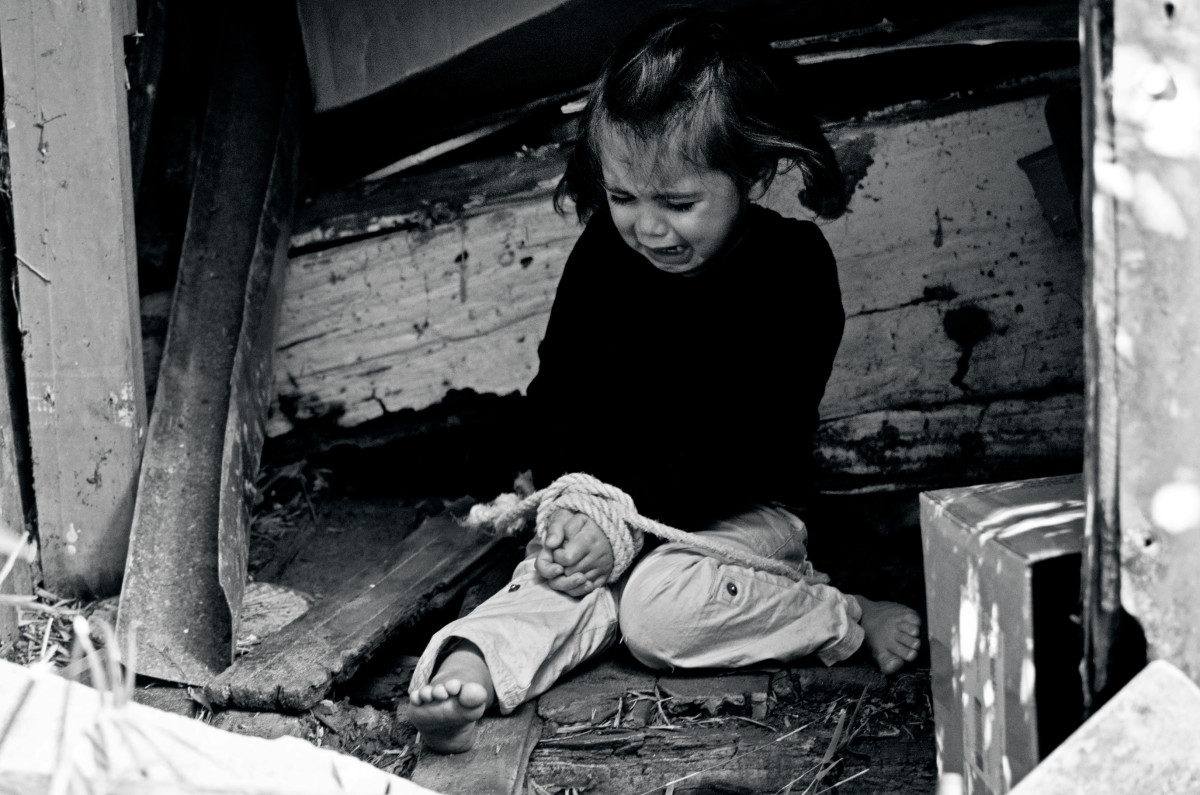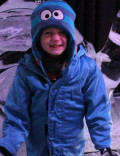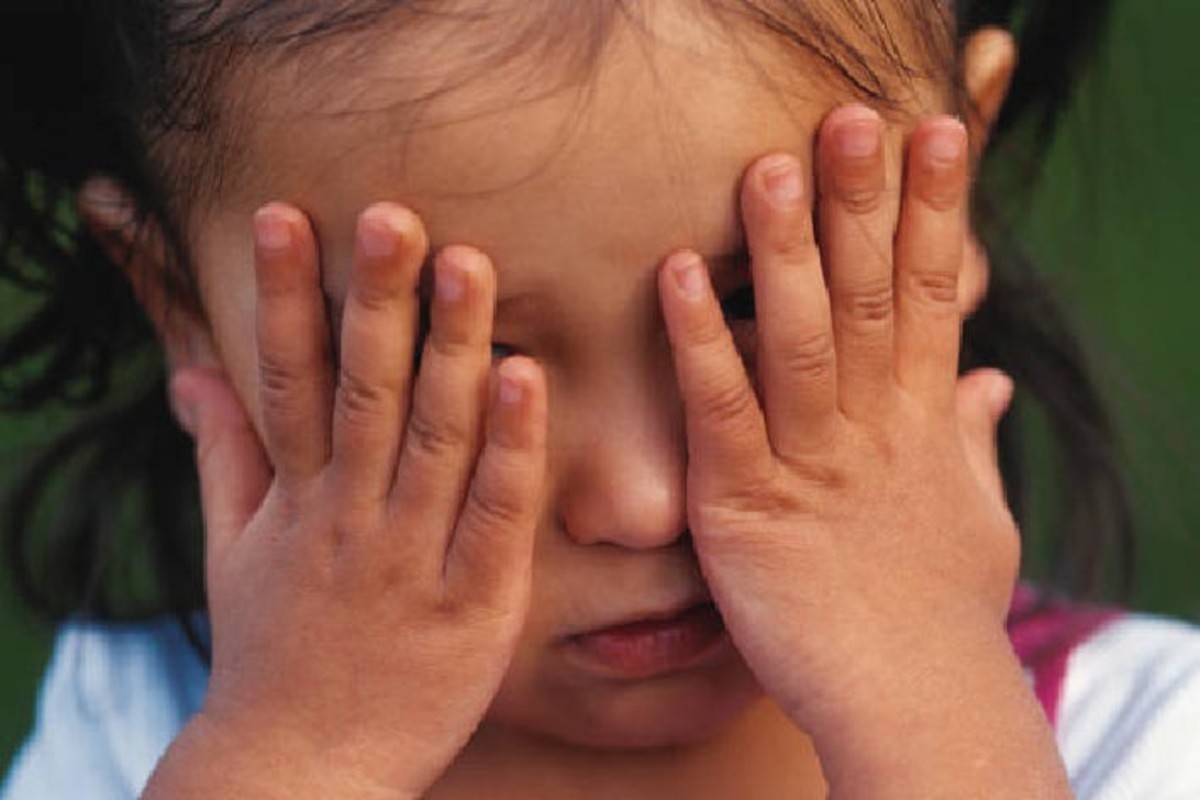How To: Reporting Abuse of Children
Imagine A Child...
Imagine being a small child – maybe five or six years old. Your dad, your uncle, your mother’s boyfriend – or maybe even your mother – takes a “special” interest in you. At first, you do feel special. This person that you trust is buying you special gifts. Maybe he or she is taking you special places, taking pictures of you while you have fun. At first, it’s all fun. But then, things begin to change. This person begins asking you to do things – things you are not completely comfortable with. Maybe he or she begins to touch you in ways that are not comfortable – pats on the bottom, rubbing your back under your shirt, touching your upper thigh while sitting and watching television together. Maybe this person begins asking you to pose in ways that make you feel uncomfortable while taking pictures. Poses that you have seen grown women do in those fashion magazines…that’s what they tell you, anyway. Then the touches – and the poses become more uncomfortable. The touches are on your chest, or under your pants. Places that are covered by your swimsuit…place you have been told are your “private” places. Pictures are taken with your shirt off, then your pants off. You are really not comfortable, but you trust this person. This person wouldn’t hurt you, would they? And then things get worse from there…the touches and the poses become more invasive…and when you complain…you are told that you are a bad person….that this person that you trust is just being nice to you…other kids do this…and they don’t tell…and when kids tell, bad things happen. Bad things like parents, friends, siblings and pets get hurt. Bad things like people won’t believe you…you are just a little kid. People believe adults – not kids. So things keep happening…and get worse by the day. If you are lucky, someone finds out – or you tell and someone does believe you. If you are not lucky, this abuse continues for years…maybe even decades…maybe forever…
Help Children Out..Report...
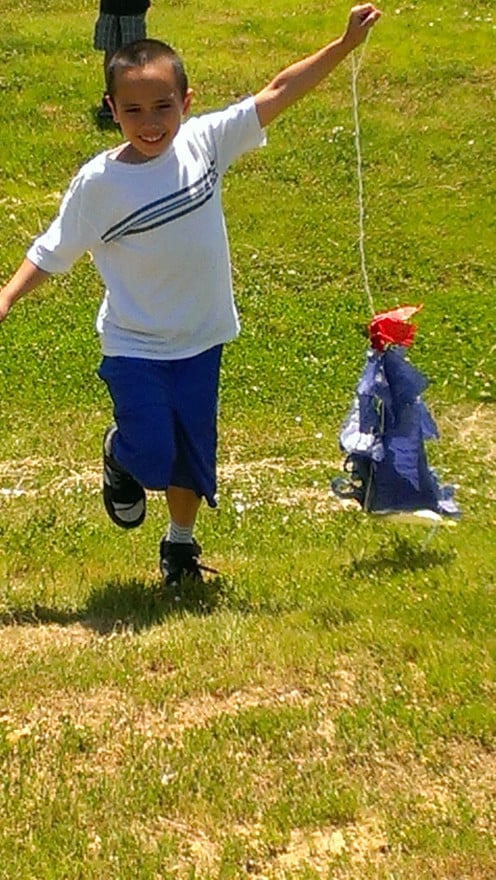
How To Report Abuse
So what should you do if you or someone you love is being abused? What should you do if your child, grandchild, niece or nephew – or a student of yours, is being abused – or you even suspect they are being abused? Well – you make a report as soon as you suspect it.
To make a report, you can call a variety of people. You can call the Missing and Exploited Children’s unit on your local police force. You can call 911. You can call child protective services. Just make sure you call someone. Depending on the organization you choose to call, there may be different procedures to follow. There may also be different procedures depending on who the person is that you suspect of abuse…things may be different if it is a family member compared to a stranger.
Important Telephone Numbers To Report Abuse
- Childhelp National Child Abuse Hotline 1-800-4-A-CHILD (1-800-422-4453)
- National Missing And Exploited Children Hotline 1-800-THE-LOST (1-800-843-5678)
- Safe Horizon's Domestic Violence Hotline 1-800-621-HOPE (1-800-621-4673)
- Kansas 24 Hour Child Abuse Hotline 1-800-922-5330
Call Child Protective Services, Missing and Exploited Children or Your Local Police Department
As a teacher, I am required by law to report any SUSPECTED abuse. This makes my life easy…I MUST report anything I SUSPECT. Otherwise, I could be held liable. So if a child tells me that a parent or other family member – or stranger – is abusing them, then I take their word for it, and I report. There has been a time or two that the child is upset or angry at the person they are reporting and they are making up a story to get the person in trouble. But many more times, there is genuine abuse happening and the situation is taken care of. I would much rather report and it be a lie or a mistake than not report and the story be true.
To make a report find the number for whichever agency you choose in your phone book, or online yellow pages. It should be a government listing, so it may be in the blue pages of your phone book. You could also call information to get the number. It could be listed under social services or something similar. There are also some national numbers listed on the side of this article.
When you call, you will be asked several questions. You CAN remain anonymous if you wish to. I always tell my name, but that is my choice, because I want any follow up information they can legally provide me with. Usually, the only information they can share will be whether or not they will pursue a case. The first question is usually who the child is that is involved. Give the person on the phone as much information as you can possibly give – first and last name, address, phone number, social security number or student identification number and any other information you may have. Next, you will be asked to give any information you know or suspect about the abuse. Be as detailed as you can. Do you see bruises? Are they new or have they been there for awhile? Did the child give you information that led you to make the call – and if so, what was it? Again, be as detailed as you can. Next, you may be asked if you know any information about the suspected abuser. Do you have a name, address, phone number, and etcetera? The more information you can give the better report that can be made and the better chance the child will have.
One In Three Children Are Abused Daily

Child Abuse Statistics
- More than 5 children per day are killed by child abuse
- About 80% of children killed by child abuse are under the age of 4
- More than 90% of sexually abused children know their attackers
- Child abuse occurs in every socioeconomic status, ethnicity and culture
- About 30% of those abused grow up to abuse their own children
- About 80% of those abused grow up to have at least one psychological disorder
Reporting is Important - For You and the Victim
Make sure you make the report as soon as you suspect it. Don’t wait and don’t investigate for yourself. This will only delay the child getting help. Also, don’t worry about making a mistake – if there was no abuse the authorities will find that out – but if there is abuse, a child will get the help they need. Don’t be embarrassed – a few minutes of uncomfortable questions can mean a lot to a victim. Every moment counts. Your call can mean the difference between life and death for a child.
Also remember that abuse can happen to anyone at any time. I am talking about small children in this article, but it can happen to older children and adults, as well. You can follow the same steps to report abuse for a person of any age. Just make that call…


